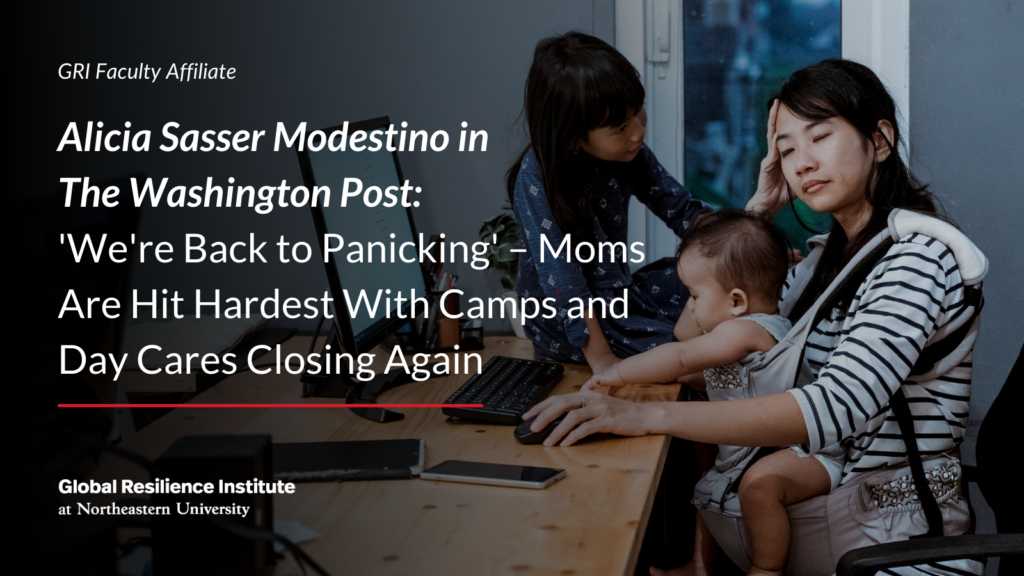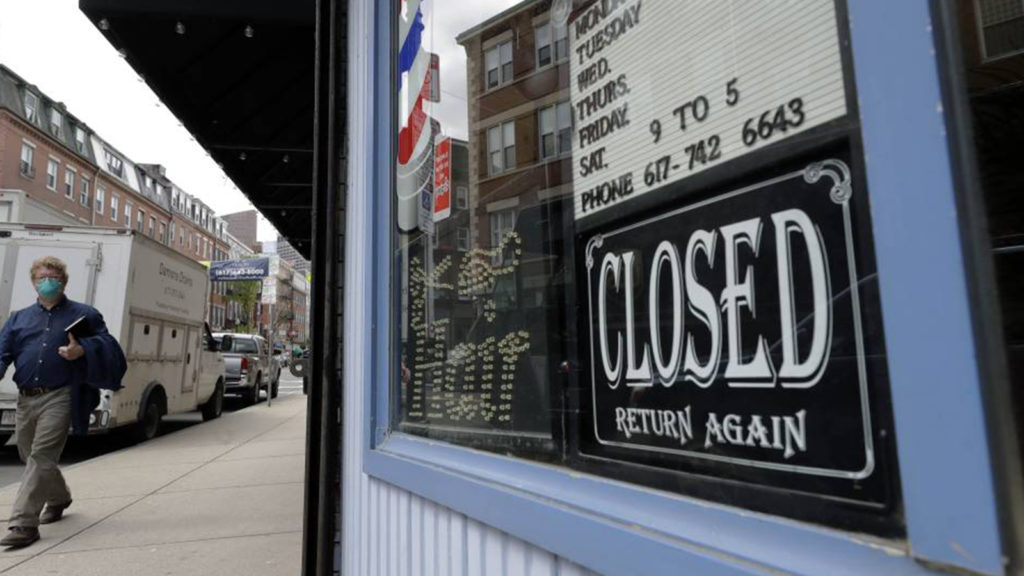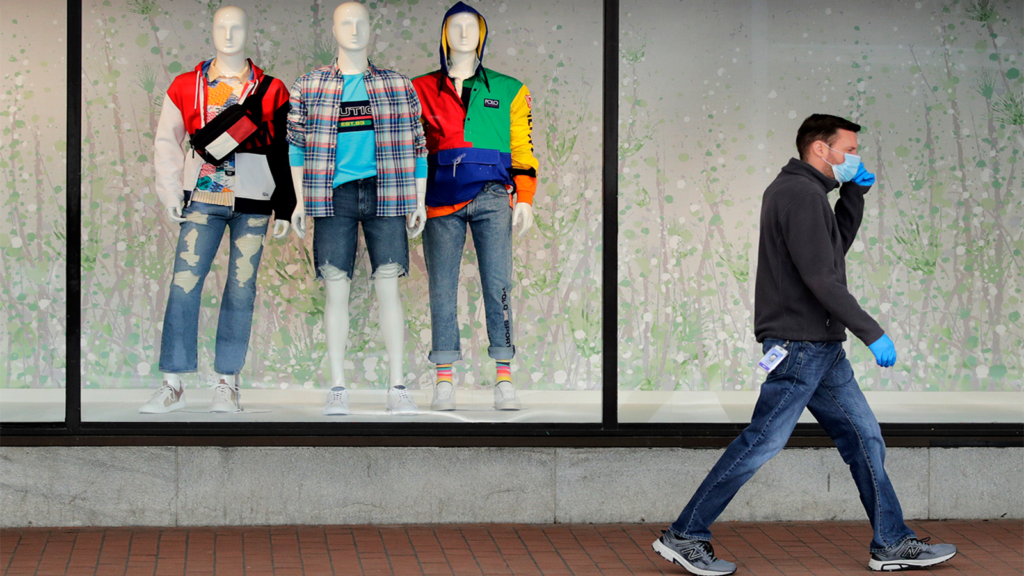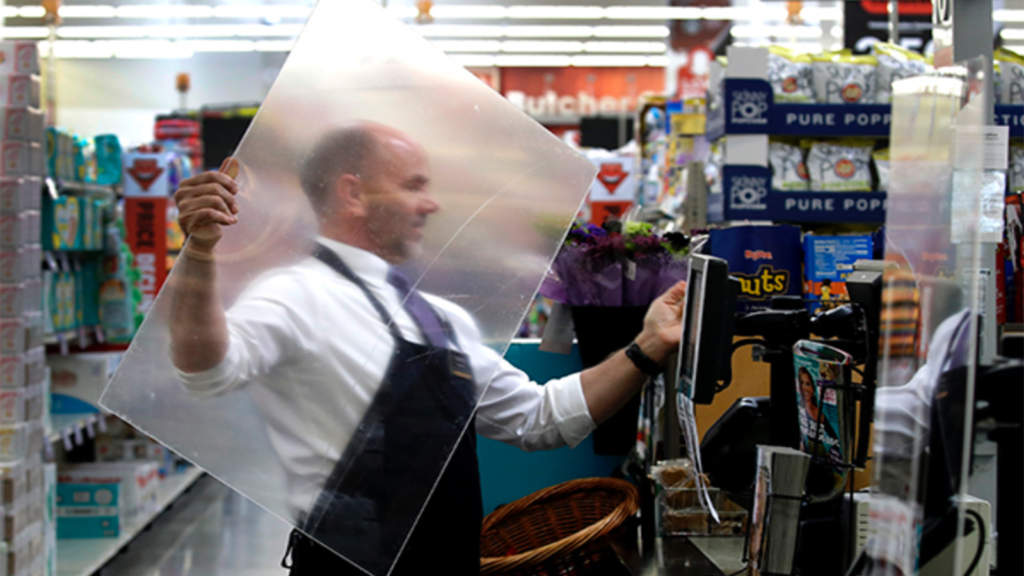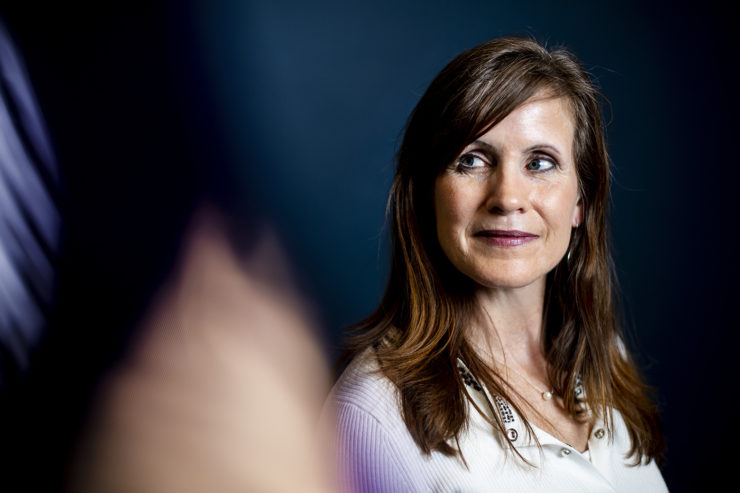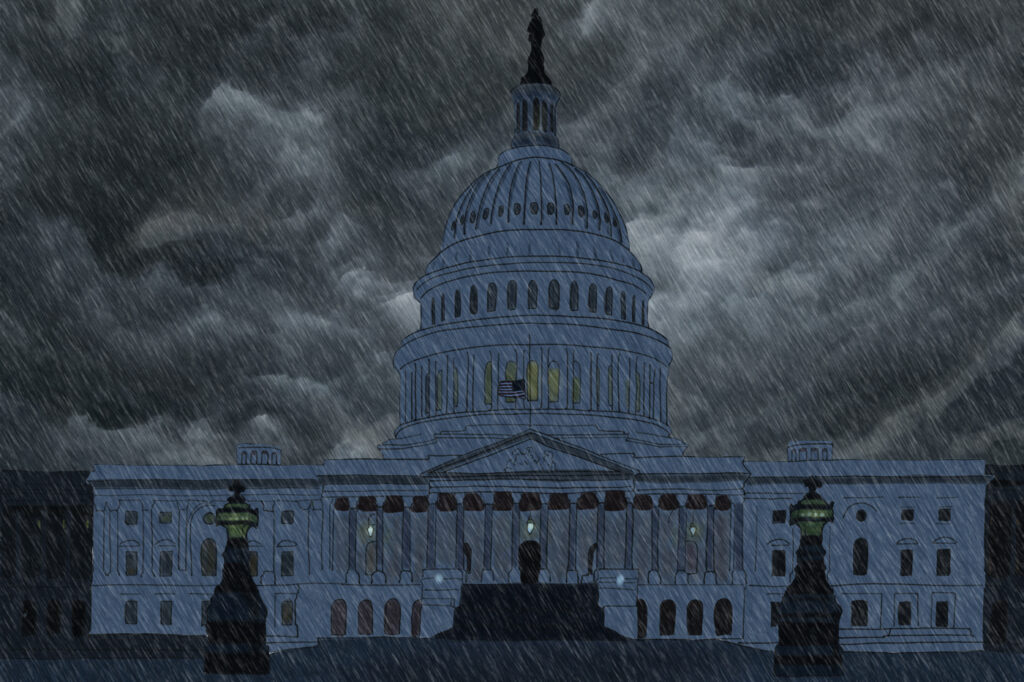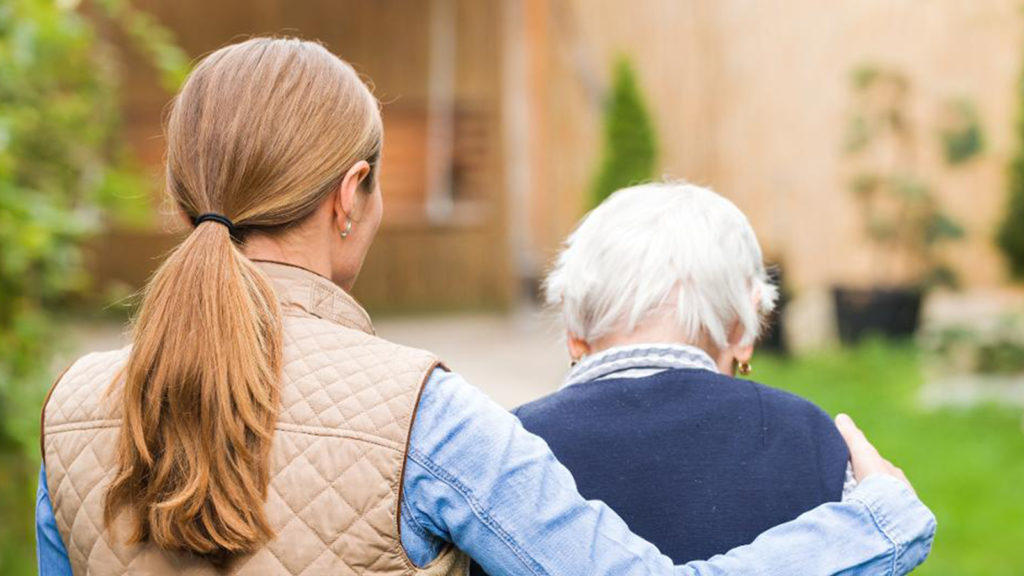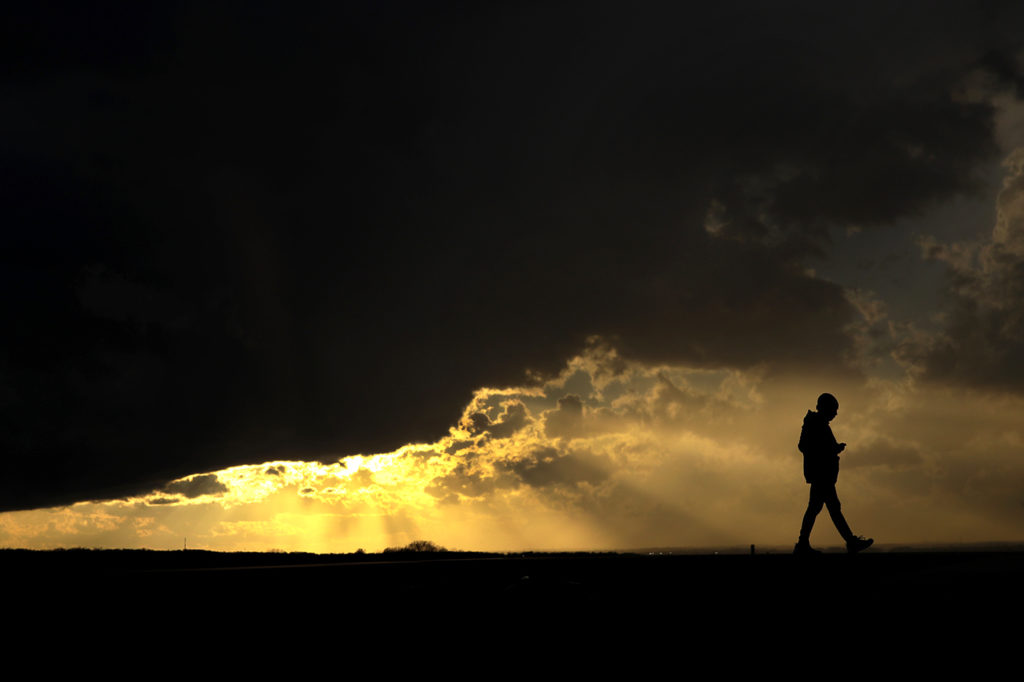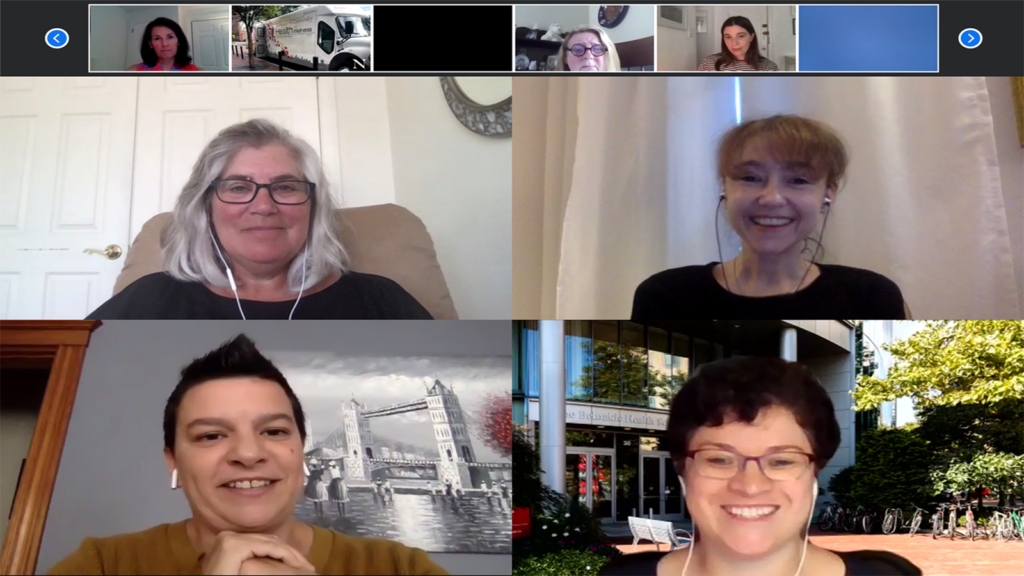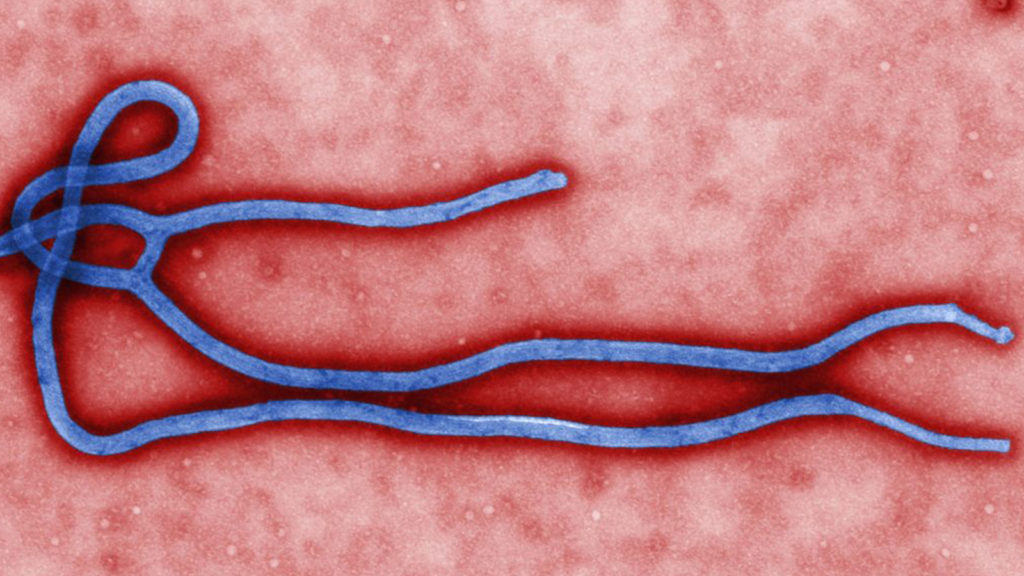Alisa Lincoln in Forbes: Experiencing Trauma In Childhood Linked To Increased Risk Of Developing Dementia
Experiencing trauma, abuse or neglect in childhood may lead to health complications later on, including a higher risk of developing dementia, new research finds.
Researchers in Japan published a study this week that examined the connection between adverse childhood experiences, or ACEs, and dementia risk. The team found that the more ACEs someone experiences early in life, the higher their chance of developing dementia in older age.


